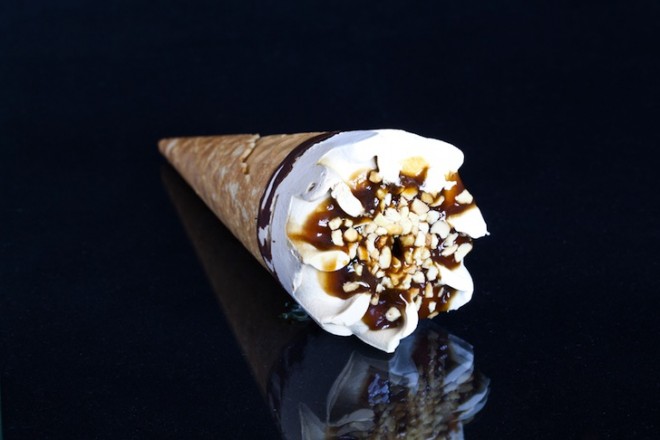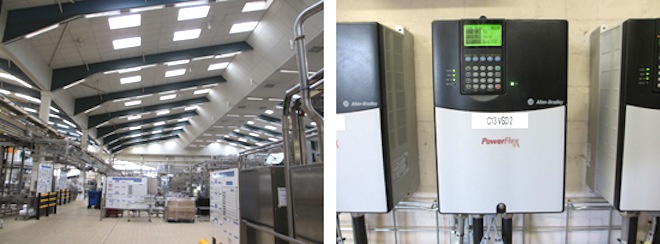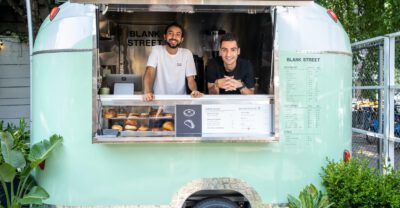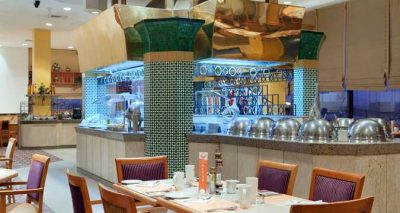 Turkey is better known for these five unsustainable development projects and a new undersea rail tunnel near a major fault zone than green building. But Konya has just become home to one of the world’s first LEED-certified ice cream factories.
Turkey is better known for these five unsustainable development projects and a new undersea rail tunnel near a major fault zone than green building. But Konya has just become home to one of the world’s first LEED-certified ice cream factories.
Unilever’s new $127 million plant in Konya, which will churn out up to 21 million gallons of Cornetto, Max and Twister ice cream products, is the latest in a string of manufacturing facilities that uses a three-pronged strategy to reduce energy and water consumption and send zero waste to local landfills.
In addition to using alternative energy such as biomass in some of its plants, Unilever captures rainwater – sometimes at several points throughout their factories – and uses waste heat to power some of its systems. They also use energy efficient lighting technology.
All told, the company has diverted 1 million tons of CO2 from the atmosphere since 2008, according to Green Biz.
“We decided that Konya was the most suitable place for our investment for a number of reasons, such as access to raw materials, good infrastructure and logistics, the availability of qualified works and lower earthquake risks, as well as the good support of Konya’s local administration,” Pier Luigi Sigismondi, Unilever’s chief supply chain officer told Green Biz.
Granted, many critics argue that the United States Green Building Council’s Leadership in Energy and Environmental Design is not truly green. If Saudi Aramco, one of the world’s prolific oil producers, can snatch up a LEED Platinum building certification, then clearly the standards are not sufficiently high.
And – according to Business Week – a standard Cornetto ice cream uses more palm oil than milk.
While the dairy industry is itself fraught with environmental and ethical challenges, palm oil is one of the most destructive industries on earth and Orangutans, which are now listed as endangered on the IUCN Red List, are frequently displaced as a result.
(Forested areas the size of Greece are cleared every year in Indonesia and Malaysia to provide palm oil for our luxury products.)
But Unilever has made some noteworthy gains. Although the mega corporation uses up to three percent of all palm oil produced, it has promised to use only sustainable, certified palm oil by 2020.
It was also among the first corporations to commit to using only sustainable teas, and it has won awards all across the globe for building factories that at least attempt to lessen their environmental footprint.
“I’ve set some tough, challenging targets,” Unilever’s global sustainability manager John Maguire told Green Biz.
“Some of them we knew how to achieve, but there are a whole lot of other things that we’re trying to do here that we haven’t done before. I see technology as a key factor in helping us achieve our aims.”
Lead image of Cornetto ice cream via Shutterstock, all other Images via Unilever




